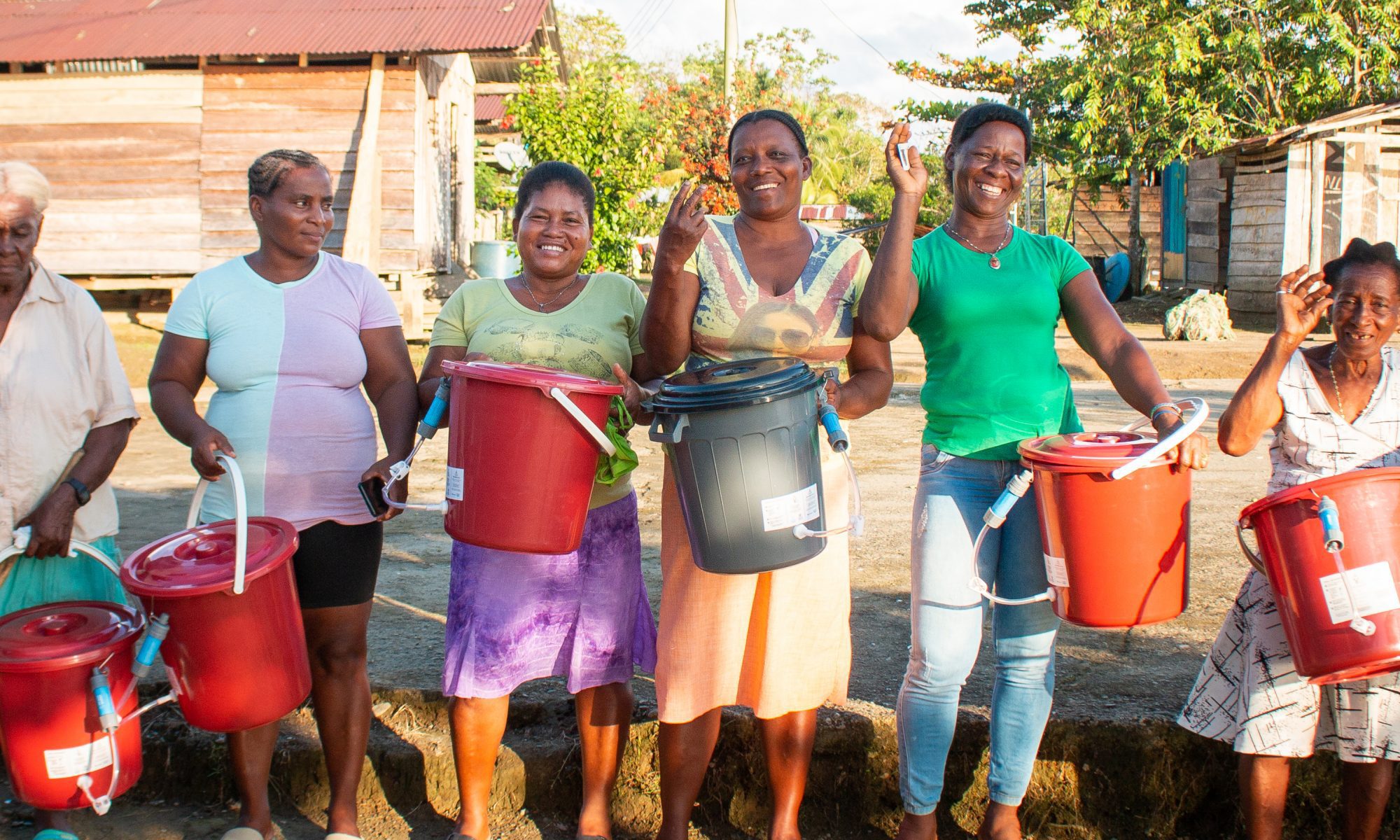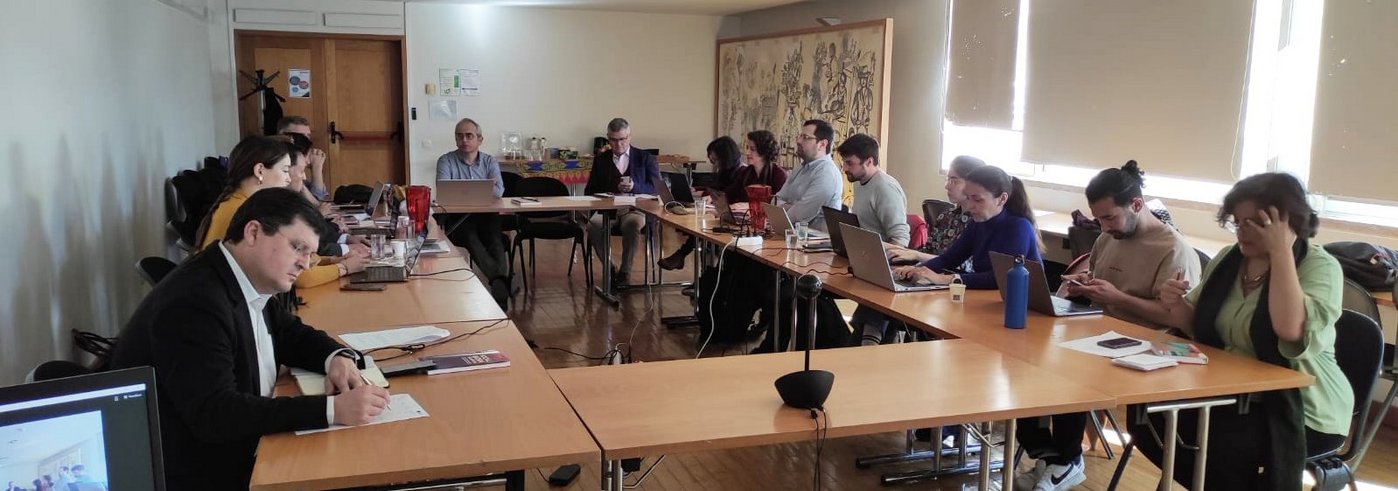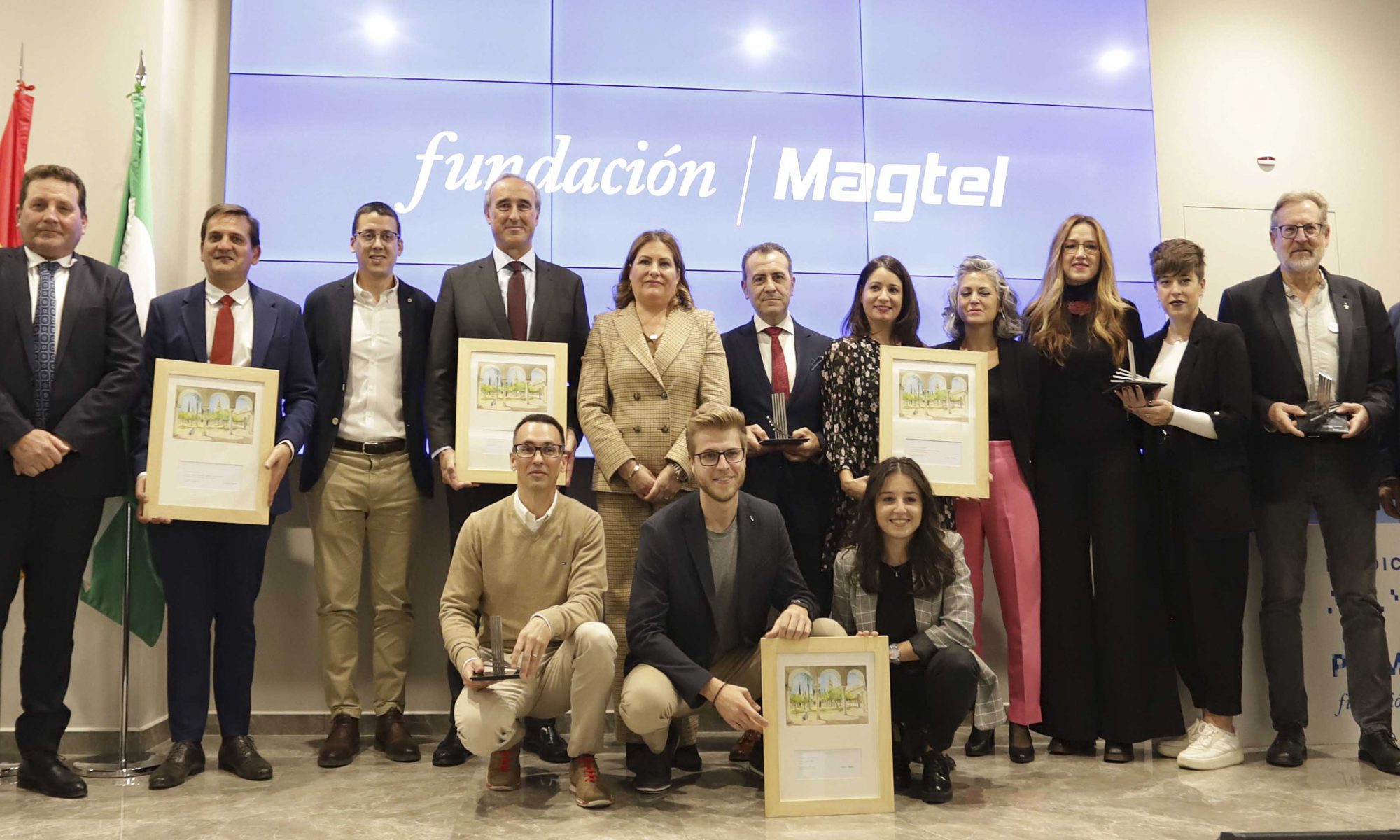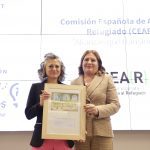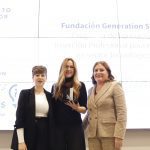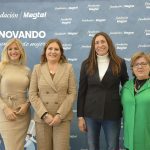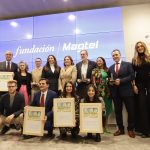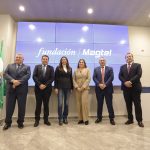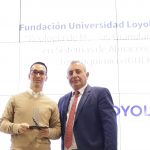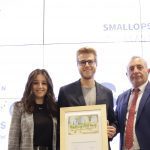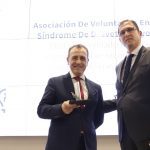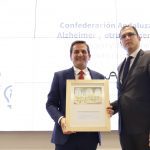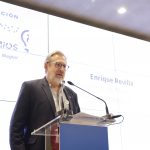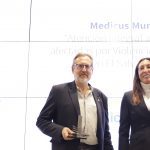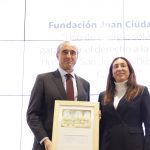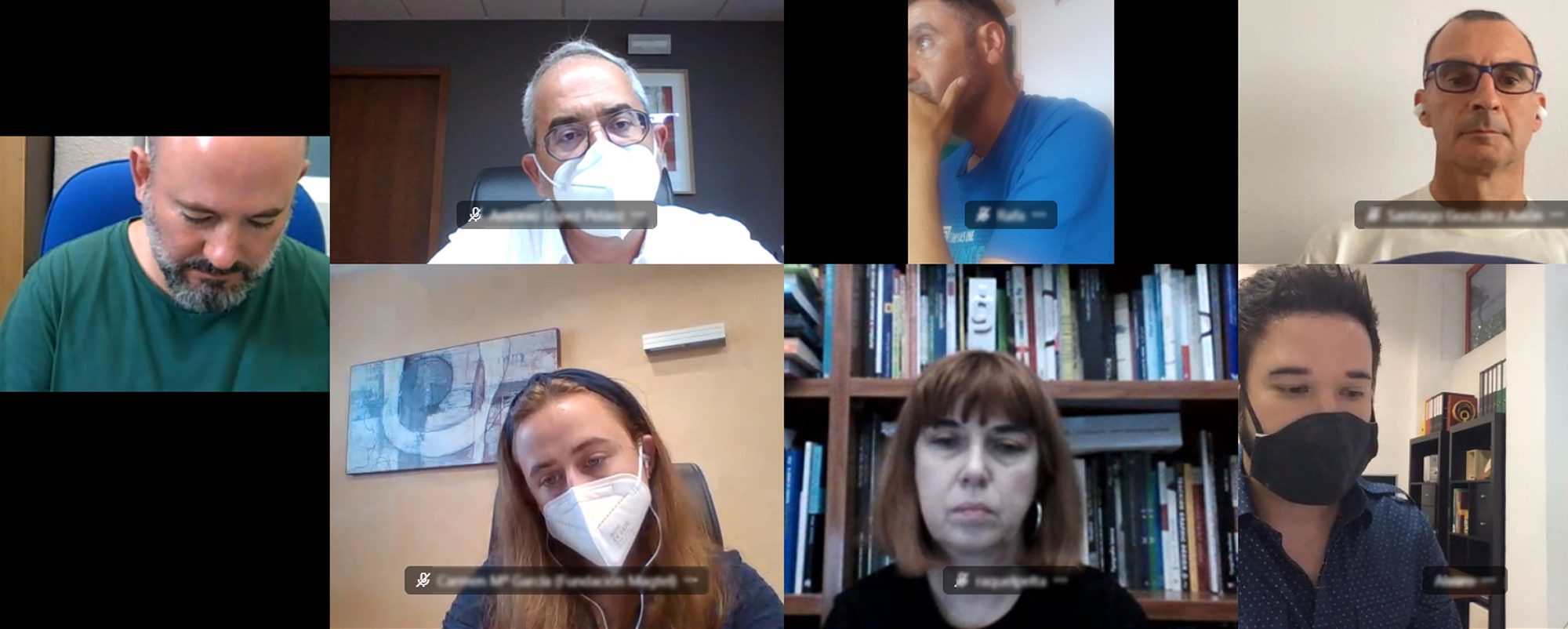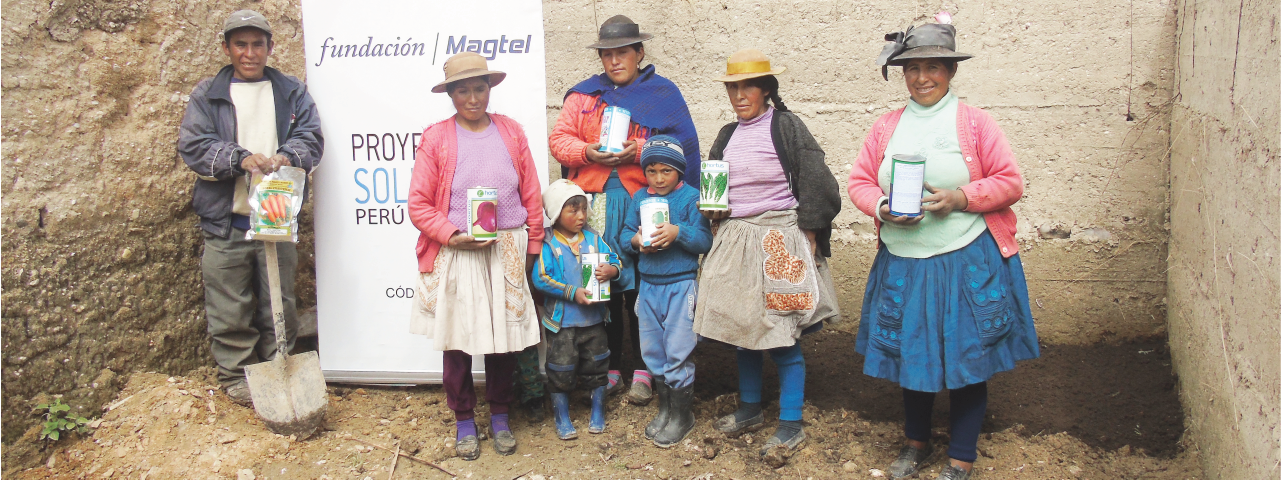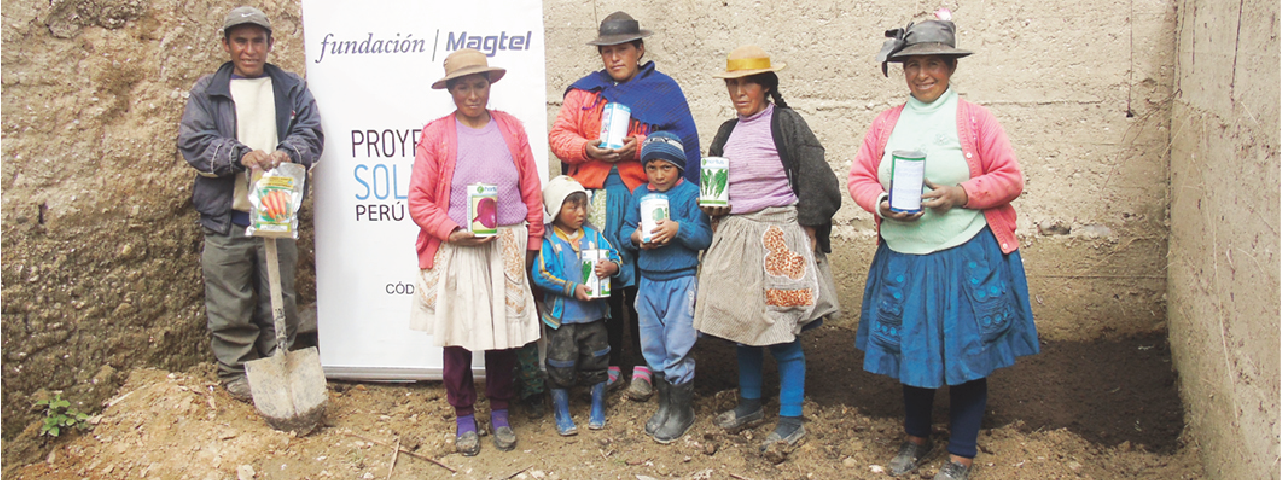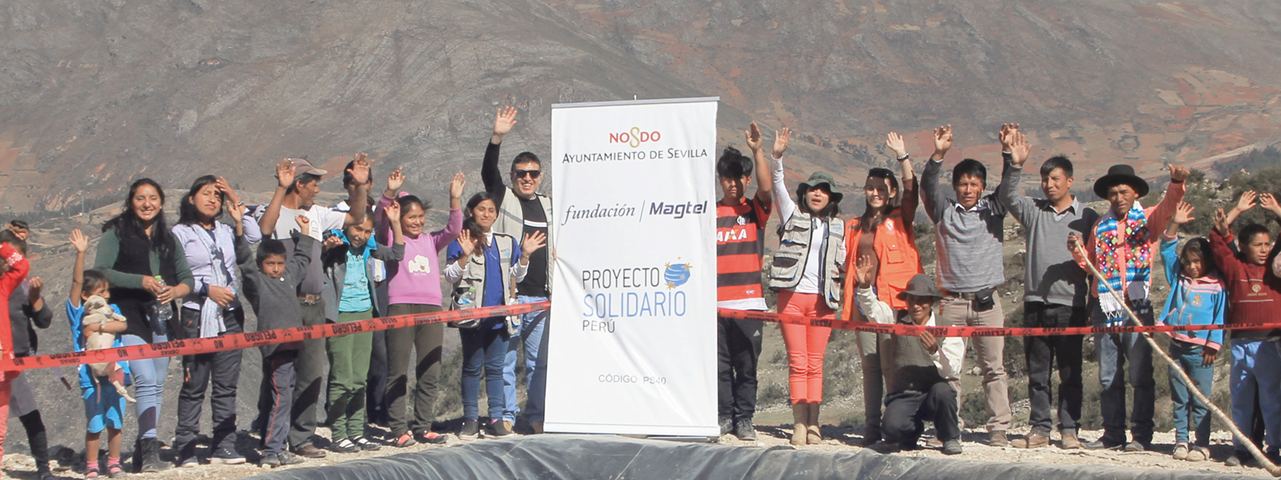The results of this project, which is financed by the Seville City Government, were presented at the Cooperation Meeting for Non-Volunteers held in Hogar Virgen de los Reyes
The Magtel Foundation has teamed up with the Peru Solidarity Project to carry out the initiative “Support, prevention and risk mitigation in Andean communities affected by strong rainfall in Cuenca (Peru).” The main goal of this project is to provide 50 families living in extreme poverty with guidelines and basic infrastructures that will enable them to face natural disasters more safely.
The results of this initiative, which is backed and financed by the Seville City Government, were presented at the Cooperation Meeting for Non-Volunteers held in Hogar Virgen de los Reyes. The event was attended by the Director of the Seville City Council’s Cooperation Service, Macarena Smith, and the Project Coordinator, Rocío Ciero.
Aid for more than 180 people
The Cuenca region is frequently affected by high levels of rainfall that cause flooding and landslides with serious consequences for the community. In fact, local homes, small agricultural operations and the nearby school were seriously damaged by a recent Cuenca landslide. This is in addition to the emotional damage to the more than 180 members of these communities. All of these factors contributed towards putting into motion this humanitarian initiative.
To help alleviate the situation, the project focused on two aspects. The first was to teach families techniques for preventing, preparing for and effectively responding to natural disasters with the aim of improving the safety, resilience and sustainability of these communities. This involved psychological therapy and emotional recovery initiatives, particularly for children, following the latest natural disasters in the region. There were also two early response simulations that made it possible to put into practice the knowledge acquired.
The second line of work focused on building infrastructures and utilities that would restore basic living conditions for the families participating in the project. The measures implemented include installing an artificial well that enables locals to store rainwater that can later be used for crop irrigation during periods of drought. Seeds and organic compost have been provided to 50 female heads of household to help restore their agricultural fields, which were seriously damaged and even destroyed by rain.
Other initiatives include building 50 eco-friendly greenhouses (each measuring 86 ft2 / 8 m2) to help families supply their own food and sustain themselves, as well as 50 livestock modules to raise guinea pigs and chickens in stables adapted to the Andean culture.
Cuenca district
The Cuenca community is located in the Huancavelica province, in the heart of Peru’s South-Central Range and approximately 9,840 feet (3,000 meters) above sea level. It has a population of 392 residents, mostly women and children with limited resources. In fact, at least 50% are malnourished and forced to begin working at an early age, resulting in elevated school dropout rates. The main economic activity primarily consists of livestock and subsistence agriculture, which must be restored so families may support themselves.
To carry out the project, 50 Quechua families were selected—for a total of 188 people (49 boys, 41 girls, 48 men and 50 women)—and work was done alongside 10 local authorities and 6 civil defense entities. Additionally, there was always a team of professionals who speak Quechua, the residents’ mother tongue, making it easier to communicate and respect the cultural diversity.
Participating entities
The “Support, prevention and risk mitigation in Andean communities affected by high rainfall in Cuenca (Peru)” project is the result of a partnership between the Magtel Foundation and the Proyecto Solidario por la Infancia as its local counterpart in Peru, with funding from the Seville City Government (Office of Equality, Youth and Relations with the University Community for Development Cooperation).
The Magtel Foundation provides technical consulting and experience from its parent company, Magtel, which has completed water cycle management projects. For this initiative, in addition to coordinating the project, it has also provided an engineer with experience in technology, geomembranes, wells and greenhouses, who has ensured the correct technical execution.
